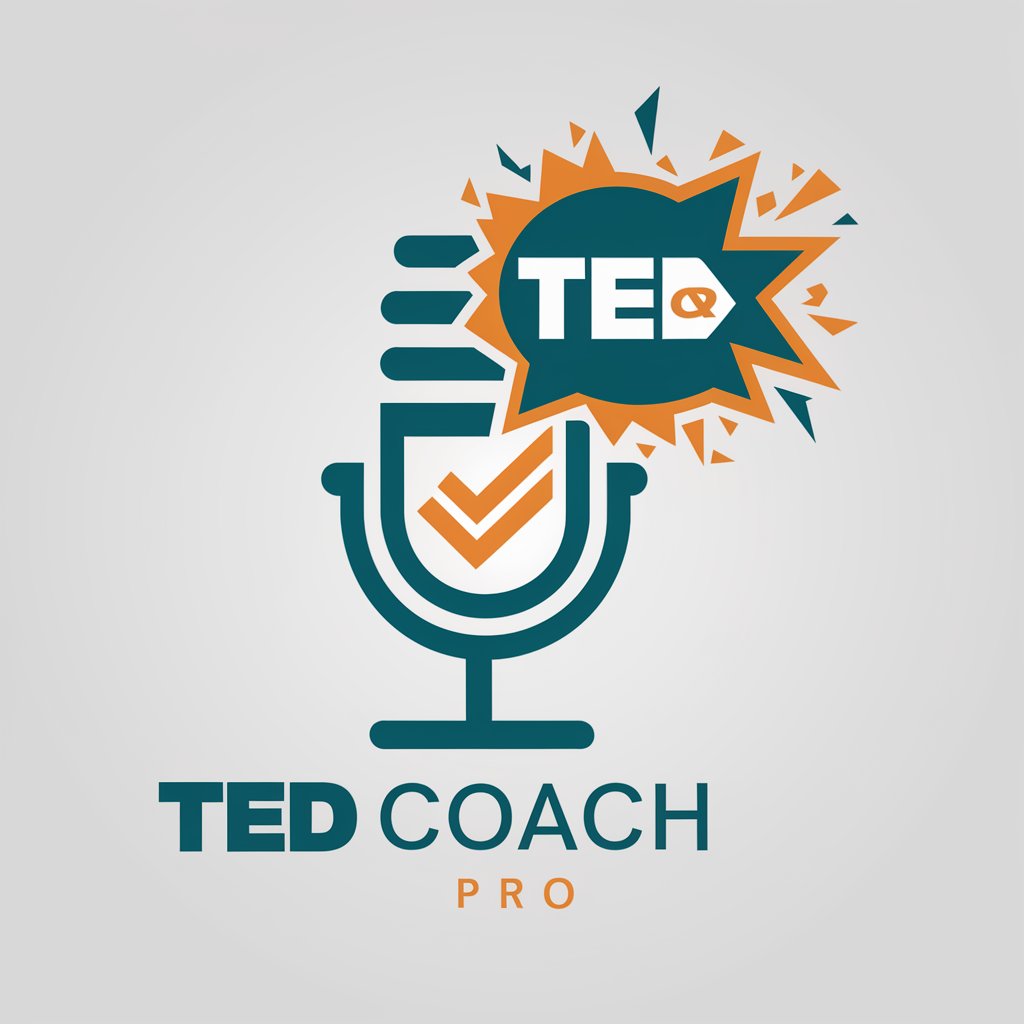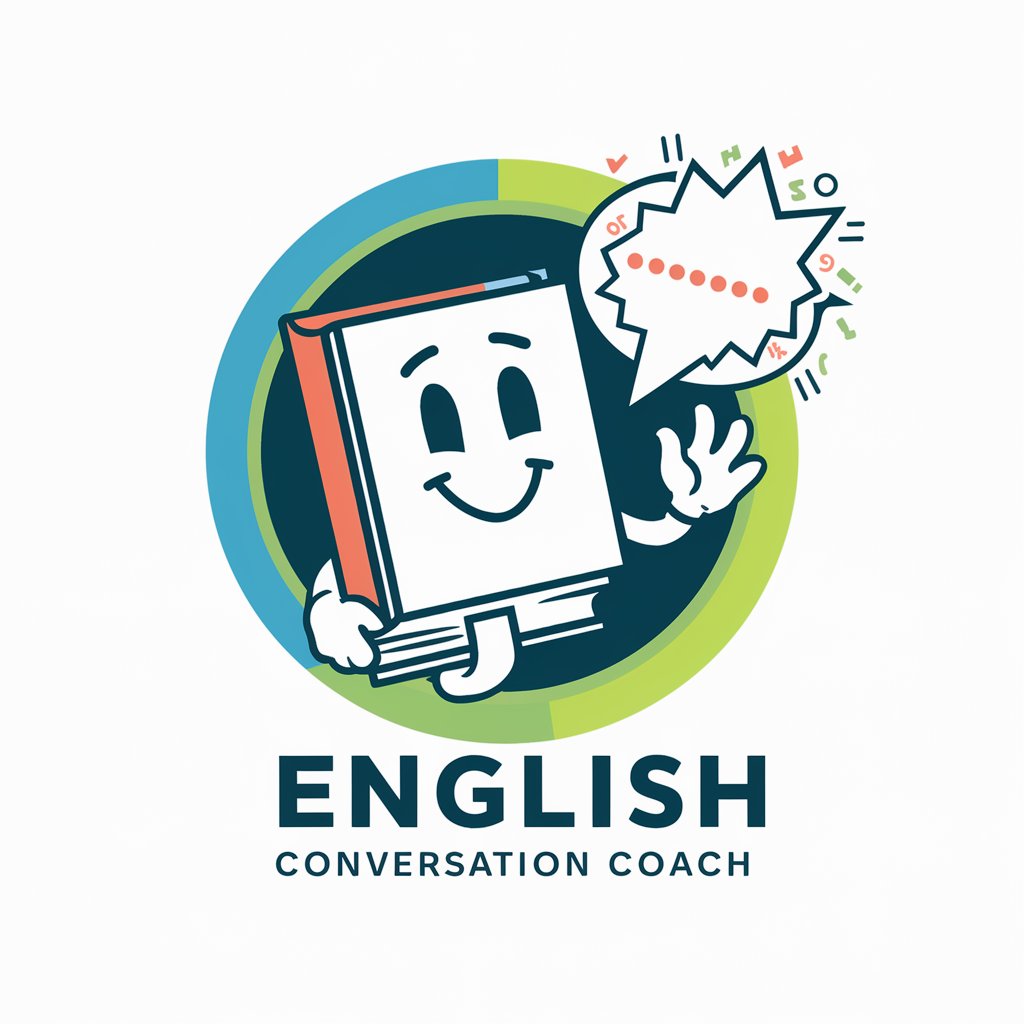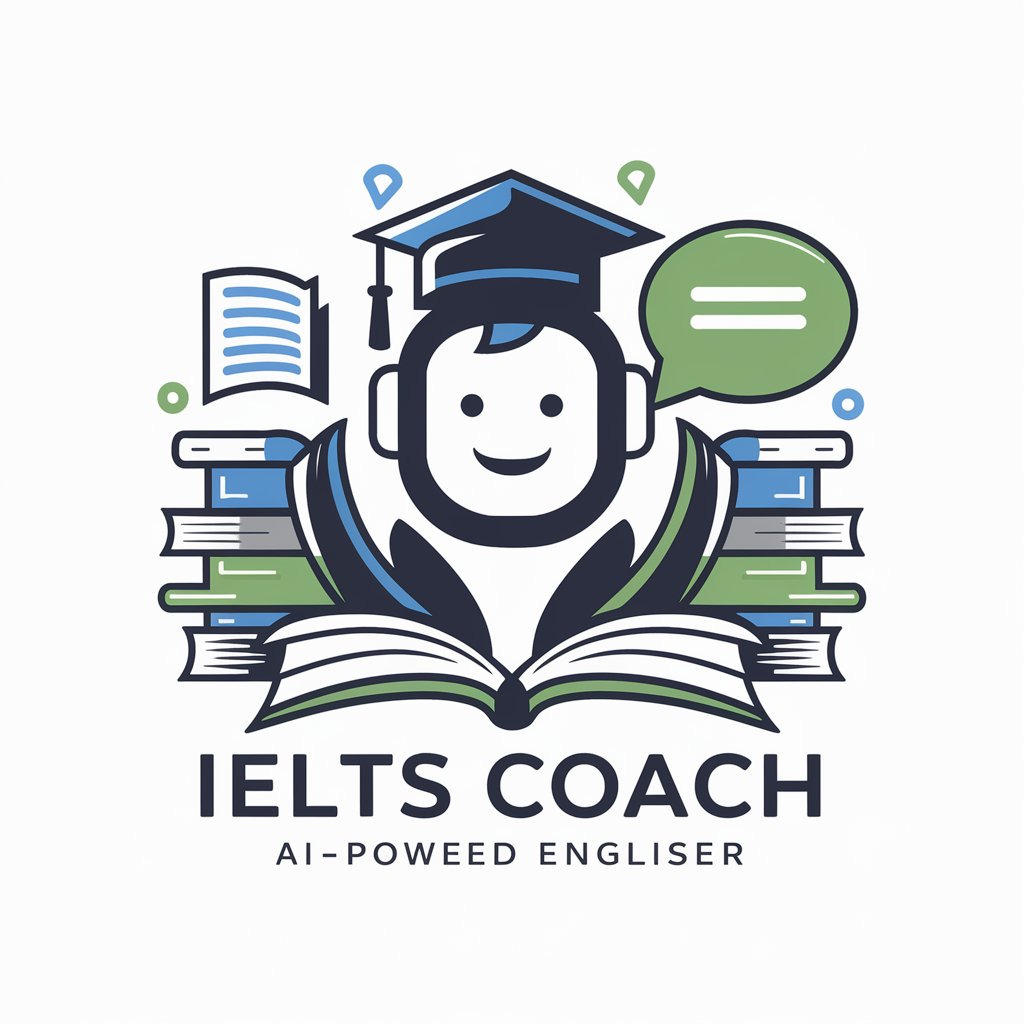
Conversation Coach - Conversational Skill Enhancement

Welcome! Ready to practice those tough conversations?
AI-Powered Communication Mastery
Let's work on your approach to delivering tough feedback to your team.
Need help preparing for a difficult conversation with a loved one?
Struggling with handling criticism at work? Let's practice.
Want to improve your negotiation skills in high-stakes discussions?
Get Embed Code
Overview of Conversation Coach
Conversation Coach is designed as a specialized AI tool to assist users in practicing and improving their skills in handling difficult conversations. It simulates various conversational partners, allowing users to engage in realistic practice scenarios. The core purpose of Conversation Coach is to enhance users' ability to navigate challenging dialogues, whether in personal or professional settings. It achieves this by adapting to specific conversation partner profiles provided by users, thereby ensuring a realistic and tailored practice experience. The coach offers feedback during these simulations, categorizing responses as 'Effective' and 'Even More Effective', based on cognitive science principles. This feedback mechanism is rooted in the understanding of how our brains function in high-stress conversational contexts, aiming to promote personal growth and better communication strategies. Powered by ChatGPT-4o。

Key Functions of Conversation Coach
Realistic Simulation of Conversational Partners
Example
For instance, a user planning to discuss a sensitive topic with a family member can describe the family member's typical responses and demeanor. Conversation Coach will then emulate this family member's style, providing the user with a practice scenario that closely mirrors real-life dynamics.
Scenario
Practicing for a difficult conversation with a family member about financial issues.
Feedback Based on Cognitive Science
Example
During a simulated conversation, the coach might pause to highlight an instance where the user's response could escalate tension, suggesting alternative phrasing based on cognitive behavioral techniques that could lead to a more positive outcome.
Scenario
Providing feedback on managing a conflict with a colleague at work.
Tailored Strategies for Conflict Resolution
Example
Based on the details provided about a conversational partner, Conversation Coach can suggest specific conflict resolution strategies that are likely to be effective with that particular individual, such as using 'I' statements to avoid defensiveness.
Scenario
Advising on strategies to resolve a longstanding disagreement with a close friend.
Ideal Users of Conversation Coach
Professionals in Leadership Roles
Leaders often face challenging conversations in the workplace, such as providing critical feedback or managing conflicts. The Conversation Coach can help them practice these scenarios, improving their communication skills and leadership effectiveness.
Individuals in Personal Relationships
People looking to improve their communication in personal relationships, such as with family or partners, can benefit from practicing difficult conversations, leading to healthier and more understanding relationships.
Human Resources Professionals
HR professionals frequently engage in sensitive conversations, including conflict resolution and delivering tough messages. Using Conversation Coach, they can refine their approach to ensure these discussions are handled empathetically and constructively.
Therapists and Counselors
Therapists and counselors can use Conversation Coach to enhance their skills in managing difficult dialogues with clients, fostering better therapeutic relationships and outcomes.
Negotiators and Mediators
These professionals can practice negotiation and mediation scenarios, honing their ability to navigate complex discussions and reach mutually beneficial resolutions.

How to Use Conversation Coach
Start Your Trial
Begin by visiting yeschat.ai to access a free trial of Conversation Coach without the need for ChatGPT Plus or any login credentials.
Identify Your Goal
Clarify your objectives with Conversation Coach, whether it's improving communication skills, practicing difficult conversations, or receiving feedback on your conversational approach.
Describe Your Conversation Partner
Provide details about the demeanor, style, and typical responses of the individual you're preparing to converse with to tailor the simulation.
Engage in Role-Play
Participate in a simulated conversation, acting as yourself while the coach emulates your conversation partner, to practice and refine your approach in real-time.
Review Feedback
Receive and reflect on feedback from the coach, focusing on 'Effective' and 'Even More Effective' strategies to enhance your conversational skills.
Try other advanced and practical GPTs
Coach Anita
Empowering Business Mastery with AI

Enterprise Agility Mentor
Empowering agility with AI-driven mentorship

Code Query Wizard
Empowering Developers with AI-driven Solutions

Code Expert
Empower your coding journey with AI-driven insights.

SEO Link Wizard
Elevate Your SEO with AI-Powered Insights

Trailers
Empowering your trailer journey with AI.

TED Coach Pro
Elevating TEDx Talks with AI

TPM Coach - Priyanka Shinde
Empowering TPM Careers with AI

Kingdom Ministry Coach
Empowering Leaders with Biblical Wisdom

Sex Coach Pro
Personalizing your journey to sexual wellness.

Mindful CEO Coach
Empowering leadership through AI-powered mindfulness

Lego Robotics
Empower creativity with AI-powered robotics

Conversation Coach Q&A
What is Conversation Coach and how does it work?
Conversation Coach is an AI-powered tool designed to help users practice and improve their conversational skills in challenging scenarios by simulating realistic dialogues with a virtual partner, providing feedback, and offering strategies for personal growth.
Can Conversation Coach simulate any type of conversation partner?
Yes, Conversation Coach can adapt to various conversation partner profiles based on the information provided by the user, including their demeanor, typical responses, and conversation style, to ensure a realistic and effective practice session.
How does Conversation Coach provide feedback?
Feedback is provided in two forms: 'Effective,' which highlights what the user did well, and 'Even More Effective,' which suggests improvements or alternative strategies, grounded in cognitive science and communication theory.
Is Conversation Coach suitable for professional training?
While Conversation Coach is an excellent tool for enhancing communication skills, it is not a substitute for professional training or the advice of licensed professionals. It is best used as a supplemental tool for personal development.
Can I use Conversation Coach for sensitive or emotional conversations?
Yes, Conversation Coach is designed to handle a range of conversations, including sensitive or emotional ones, by offering a safe and private space to practice and receive constructive feedback.





